Born in Fort Worth, Texas in 1966, Bob Peck studied at Princeton before going to Oxford to read for a second undergraduate degree in PPE (Philosophy, Politics and Economics). On returning to the US, Peck took up a career in investment, initially managing the capital of the Perot and Murchison families in Dallas, Texas. In 2003, he co-founded FPR Partners, a private investment partnership focused on public equities. Peck is strongly active in educational philanthropy, focusing especially on increasing diversity in the student body. He has is a member of Princeton’s Board of Trustees and is currently Chair of the PRINCO (Princeton University Investment Company) Board of Directors. This narrative is excerpted and edited from an interview with the Rhodes Trust on 1 May 2024.
Bob Peck
Texas & Magdalen 1988
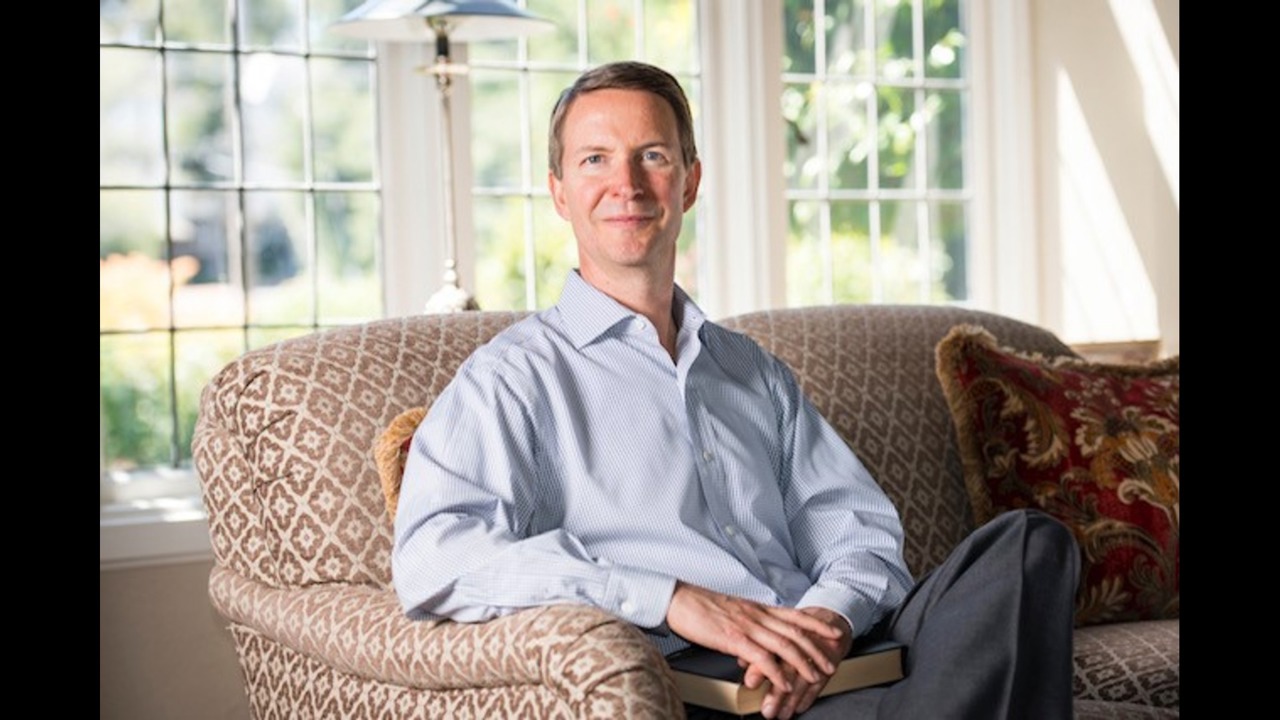
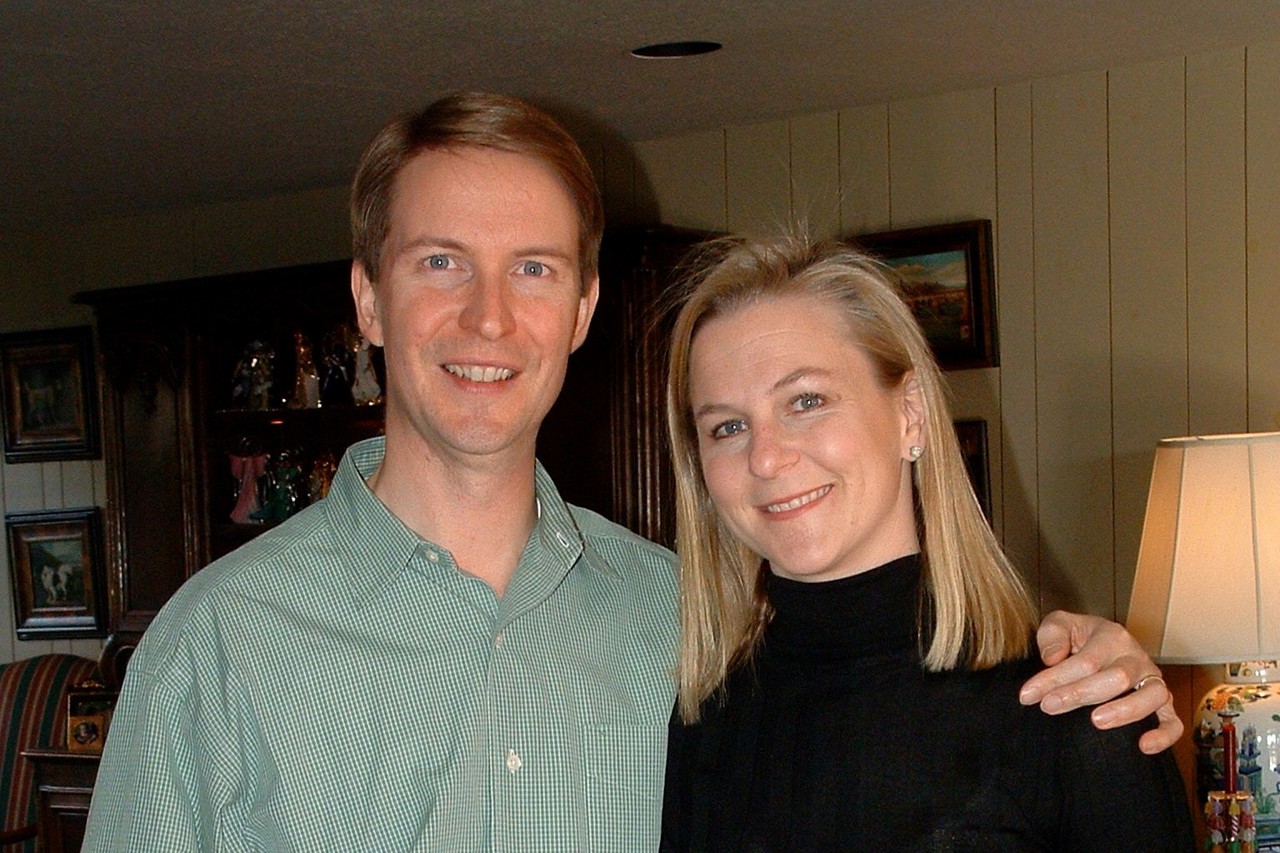
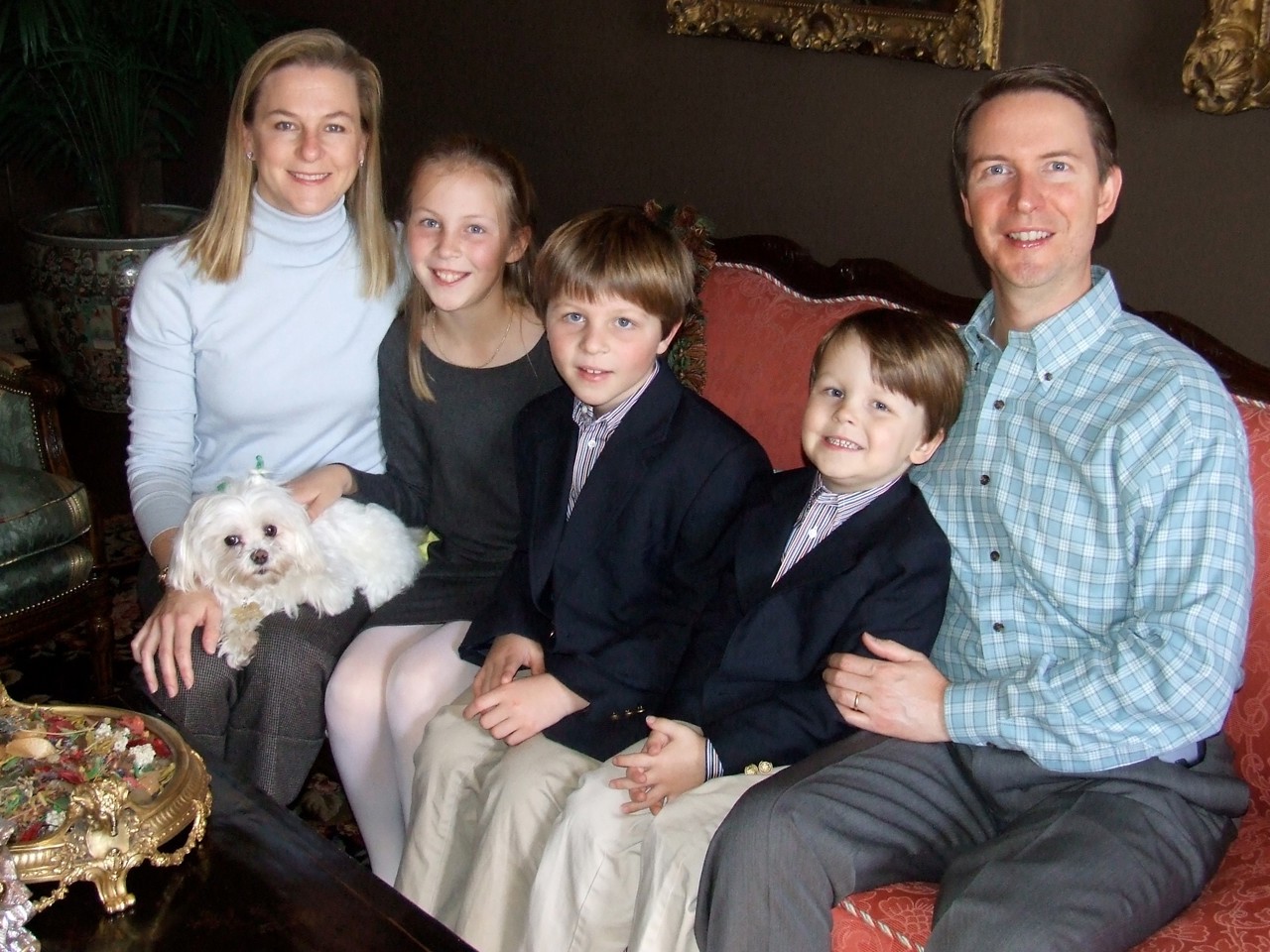
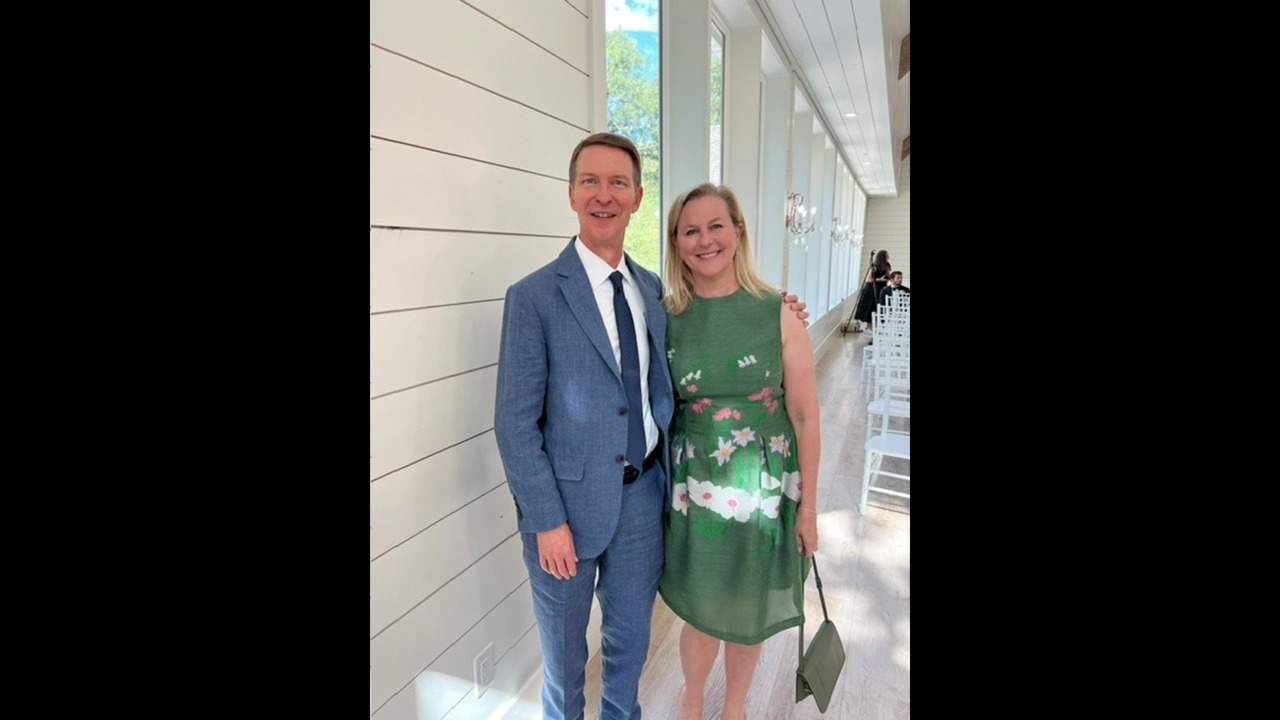
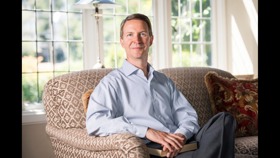
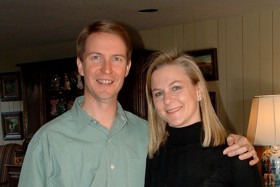
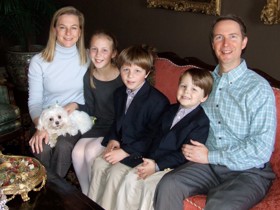
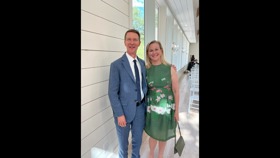
‘I just loved school’
My parents were both from Texas. Neither of them went to college. My father was a butcher at a grocery store and my mom was a meat wrapper in the meat department, and they met on the job. I think a can-do spirit is part of the culture of Texas. It could be said there are really no problems, just opportunities to solve, right?
One of the greatest gifts in my life was that my parents were very loving, in different ways. My mom was very dutiful and committed and still is, and my memory of my dad is an overwhelming sense of being embraced, embraced by his care and love. Physical embrace, yes, but I really mean more an emotional embrace, and that set the pattern.
My hometown of River Oaks was a very cordial, close community where the values were about taking care of each other. My high school was not a place of privilege, but I just loved school. We had some amazingly dedicated teachers, and that was life-changing. I have to say it was not a diverse setting, so I really benefited later, from going to other places, like Princeton and Oxford, where I could experience a broader world.
I was the first person in my high school to go to an Ivy League institution, and that happened because there was a man named Ted McAlister, Princeton class of 1950, who spent a lot of time ‘turning over stones’ and looking for talented kids outside of the normal Ivy feeder schools. I remember being called from the classroom on the school speaker (‘Bobby Peck, please report to the main office’) and there was Ted, and he said, ‘Son, how would you like to go to Princeton?’ And I remember saying, ‘Well, where’s Princeton?’ I honestly didn't know.
On applying for the Rhodes Scholarship
When I got to Princeton, I worked way too hard. I didn’t fit in socially, because there weren’t many poor kids there at the time. I’m glad to say it’s different now. But I did have some good friends and being there opened the life of the mind to me, a way of depth and rigour that was fascinating and incredibly enjoyable.
One of the jobs I had in college was working for career services, and it was a counsellor there who suggested I should think about applying for a Rhodes Scholarship. I was drawn to Oxford, the long legacy of tradition, the difference of the academics which were just resonant with me. I wasn’t someone with long-term fixed ambitions about my future, and as a result the interviews were a very relaxed and positive experience for me.
‘Like an intellectual candy land’
Princeton and then Oxford hugely expanded my mental landscape. At Princeton, I had majored in history. At Oxford, I chose to do PPE (Philosophy, Politics and Economics) because I hadn’t had a chance to study these subjects yet and I have to say, I got hooked! Oxford was like an intellectual candy land, and I loved its tradition of curiosity, both maintaining curiosity about things, but also, that it was okay to be a little odd. And the architecture is just overwhelming. I was in Magdalen College, which is so beautiful.
It’s so rare to have a curated group of people like my Rhodes Scholar cohort, just incredibly bright and talented but also highly energetic and so well-meaning. Having all those people together, in many ways, set such a high standard for the rest of life. I am blessed with wonderful friends, and I credit Oxford with an early realisation of how important that is.
The Dean of Divinity at Magdalen, Jeffrey John, was a very meaningful person to me, and I was confirmed in the Church of England while I was at Oxford. I was able to do some traveling to Israel twice, and to eastern and western Europe. I travelled a lot within the UK, to London, Blenheim and Bath. As a result, London is still my favourite city. So, looking back, I would say my years at Oxford were some of the best of my life.
‘Investing is a lot like applied PPE’
The Rhodes Scholarship had a huge impact for me. On the practical side, and we all must be honest, the Scholarship is a great calling-card. People just give you the benefit of the doubt that you’re not dumb. On a more personal level, Oxford encourages and inculcates a desire to really follow one’s own interests and not necessarily to be conventional, and that’s an enormous benefit.
My time at Oxford made me realise that becoming a doctor wasn’t for me, but I wasn’t sure what I wanted to do. Back when I had won the Rhodes Scholarship, my community had given a dinner to congratulate me. One of the people there, Gib Lewis, who was then speaker of the Texas House, invited Ross Perot to be the keynote. Later, when I left Oxford, I went to ask Mr Perot for career advice, and he generously set me up with a series of fantastic internships. I thought the least I could do was offer to work for him in return, and that’s how I found myself in his family office and working on investments.
Investing is a lot like applied PPE: taking those principles of how the world works and applying them. It can be hard work, but it’s also interesting and enjoyable. I’ve been quite involved with non-profits, and most recently, I’ve been on the Princeton Board and Chair of PRINCO, and that has connected me to things I want to support. One of those things is first generation, low-income kids and making sure that they have opportunities to study at universities like Princeton. I think that comes from having known that challenge and wanting to help others.
‘Wherever your heart calls you, that’s okay’
I’m very reticent about ever giving advice to anyone, but I can offer some of the things I realise now that I wish I had been able to tell my younger self. It’s important to find that balance between hard work, pursuing something that’s meaningful, and making a lot of space for love and friendship. At root, I think the crucial thing is to know that wherever your heart calls you, that’s okay. Give yourself the freedom to do what you enjoy. It will be better for you, but also for the world too, because you’ll have more energy to share with others in whatever you’re doing.
